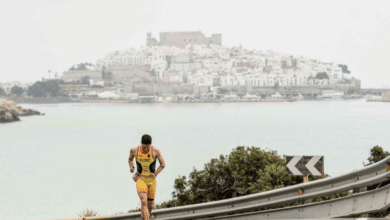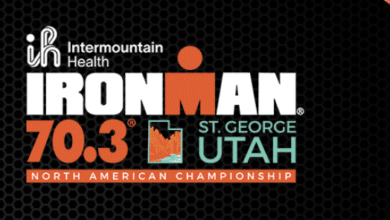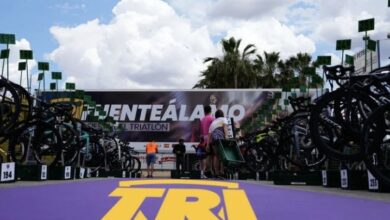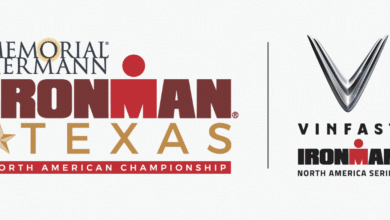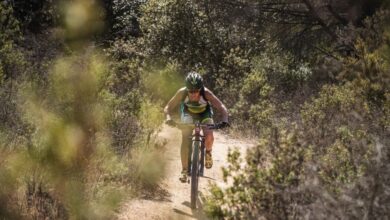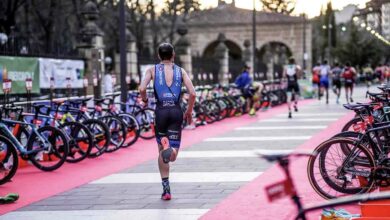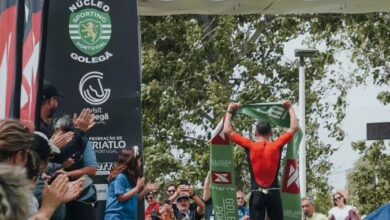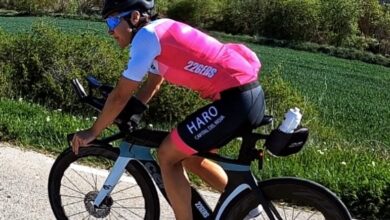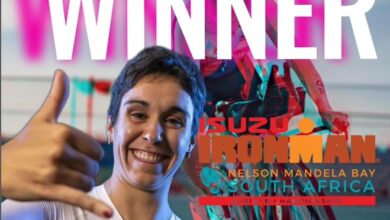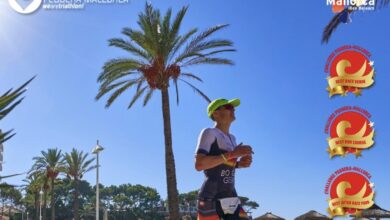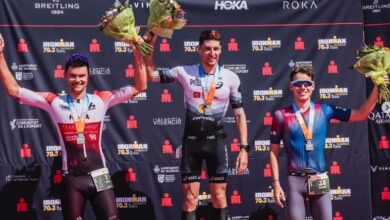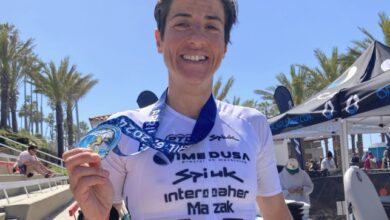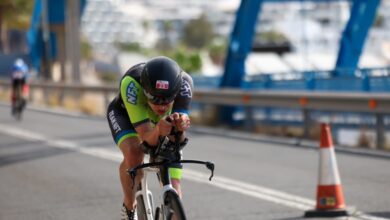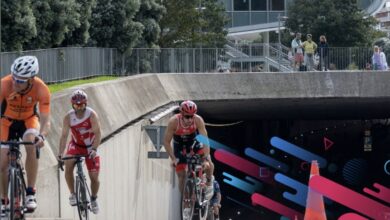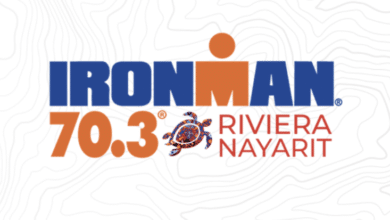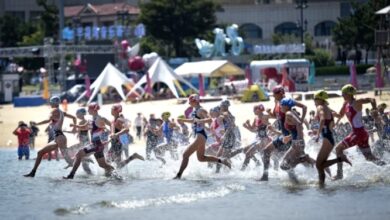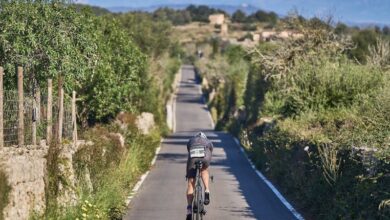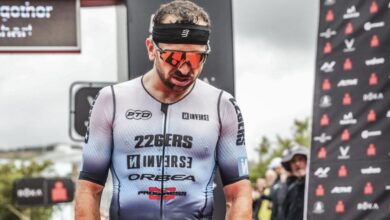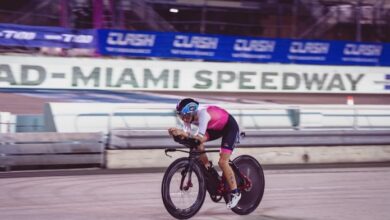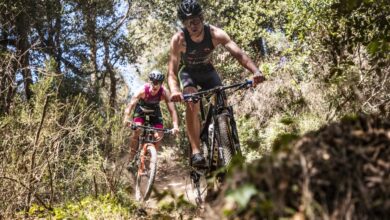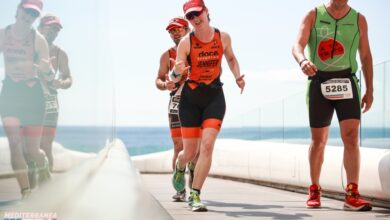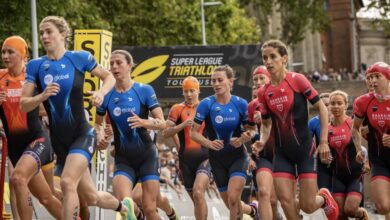How does a 10 trainer have to be in a Triathlon school?
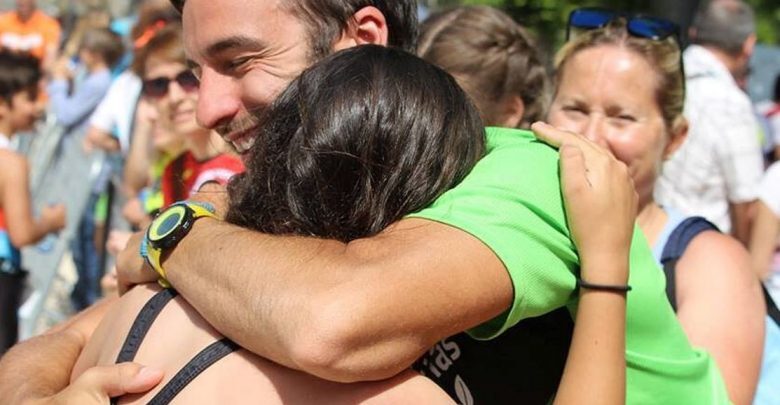
{wbamp-meta name=”image” url=”/images/stories/articles/qualities-coach-triathlon-infanti.JPG” width=”300″ height=”150″}
The training of a Triathlon school should be focused on the development of the small triathlete and not on the distribution of loads and a thorough planning of their sporting performance
Our collaborator David de Diego tells us in this article what qualities the coach of a children's triathlon school should have.
We continue getting into this wonderful and in full expansion of the children's triathlon schools; In this case, we continue with what is a priori the inherent figure in the success of both the school in its entirety, and in the development of students both individually and as a group.
From an educational point of view, we have to understand that in these stages the coach should be focused on the development of the little triathlete and not on the distribution of loads and a thorough planning of their sporting performance. It is quite a "truism" this statement, but we continue to find (and not in isolated cases), this enormous desire for certain coaches to see at all costs their pupils on podiums, without even worry about their training process; perhaps "pressured" by presidents of clubs or family members (we will have a separate post).
After this little introduction, What should we ask the coach of our little triathletes or what qualities should this have?
We have structured them in 10 points:
TRAINING.
In 2017 this is no longer questioned by anyone, an indispensable requirement that will not guarantee success, but it is the starting point if it can succeed. Consultation with the Professional Associations, the Regulation of the Professions of each Community, Territorial Federations ... In the previous entry of Children's Triathlon We spoke that triathlon was born with a special idiosyncrasy in question to the high training of its practitioners, its high level of information and of course the training of its trainers.
EXPERIENCE.
In teaching it is a fundamental aspect and a formative base combined with years of experience. In fact, it becomes one of the primary sources of knowledge for coaches (Abraham, Collins and Martindale 2006 and Cushion et al., 2003). The assimilation of experiences over the years will allow them to integrate them with their technical knowledge and avoid errors that may be repeated. Obtain information and integrate it into their teaching patterns so that they are more effective and, therefore, less boring and frustrating for their students. The coach does not stop learning from day to day.
TRIATHLETA PRACTICAL.
Not essential requirement, but the combination of this with the 2 previous points make the work of the coach is more real and better transmitted that image of future triathlete. I speak from personal experience, the students are proud, motivated and feel "great" when they see you in a triathlon suit, they ask you if you are going to compete or if you are going to see them running in this or that event. Being a small part of this process makes the gear work better.
EMPATHY / BEING A CHILD.
The coach is a Teacher, but also a friend, a person to whom you tell their problems, their notes, their anecdotes ...; and what better way to share these stories with your students, make them see that you are interested, that you suffer and laugh with them, even that you play like them. A beautiful opportunity to remember our childhood and better understand what needs we should cover or discard.
CREATIVE, RESOLUTIVE AND WITH IMPROVISATION.
Qualities that in any professional field must be present, in our schools even more. Adapt to that rain that has taken us to the train our training but we can adapt a training of step of puddles with the bike, that pool that only leave us a street of the 2 that we had can train competition outings, or that day that we know that our kids are exams and come stressed ... make that flexibility session that will help them "relax". Small examples, that more than once will happen to us, SAFE!
PSYCHOLOGIST, PEDAGOGO AND PHILOSOPHER.
Although I call him witchcraft and perceptive. A broader vision of the own teaching of the disciplines that triathlon has. Over the years these "senses" are amplified and we must be alert to the signals given by the group, the students or the environment, the club (families, competitions calendar, external pressures ...), and know how to anticipate with a small contingency plan previously written and internalized by ourselves. The Zen point that we must have, something special that of course, differentiates us from the rest and helps us to be ourselves.
COPY.
We are image, a personal brand with our own logo and seal and we must not separate the personal part of the professional beyond what is merely essential. We have chosen a difficult but exciting and very satisfying profession. With our messages, our predisposition, our behavior, our non-verbal language ... are details, although minimal, vital to make the training a learning lesson. Both inside and outside the hours of our classes.
CHILDREN ARE CHILDREN. METHODOLOGY.
Another great starting point for the first day ... and all those who give class. What interests a child in our school? Have fun, make friends and learn something new (J. Esteve, 2016). Starting from these 3 aspects, we must route our sessions, if we include these 3 things, the success of those 45'o one hour of class is guaranteed.
MOTIVATOR
Pillar in which the link between the athlete, coach and sport is established. Knowing when to intervene, when not to do so, to animate or with a simple gesture of complicity with the group raise the self-esteem of the little triathlete. You do not have to be a showman, but you must be alert and receptive to our little ones. Key!.
WIDE VISION.
We do not stop working when students leave our facility, we must be continuously open to new trends, the regulations that are evolving, the news of the competition calendar, trends in material, in new methods, publications, news, ongoing training, contact with other colleagues from other schools, attend consultations, be active in our professional profiles, collect information from our sessions, try to read the mistakes and propose improvements ... We have chosen this path and we must be consistent with it, the Copernican vision of the triathlon coach .
DO YOU WANT TO HIGHLIGHT ANOTHER ASPECT?
WHAT DO YOU THINK MORE SHOULD HAVE A COACH IN THESE STAGES?
DO YOU HAVE DOUBTS?
I invite you to write me and ask about it.
David from Diego del Rio
https://www.facebook.com/daviddevaldemoro
https://twitter.com/daviddediego
Mail: david @ dediego. coach
Photos: Carlos Asensi Catalan
There are no previous results.







